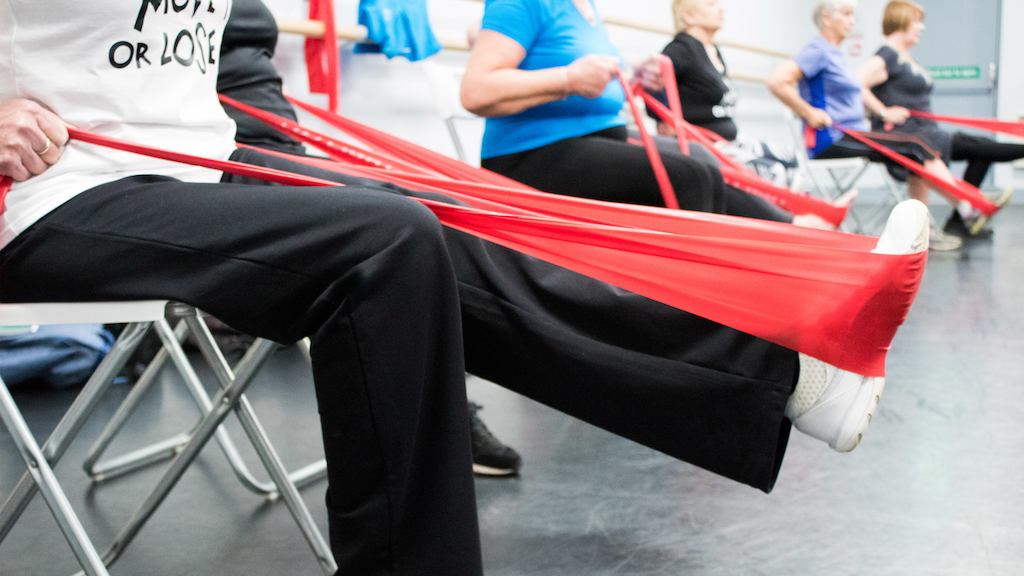Last week, Public Health England launched a major new health marketing campaign – ‘One You’ – which aims to support people in their middle age to make simple changes that will help them to better prepare for later life and, ultimately, live a longer and happier life.
There is good evidence that public health marketing can drive behaviour change. And the One You campaign is certainly combining several evidence-based elements in its approach, such as focusing on multiple health behaviours, supplementing clear messages with specific support tools, and working with partners to reach particular populations and provide support.
Of course, effective social marketing is only one piece of the jigsaw. Our lifestyle and behaviour choices are constrained throughout life by the accumulation of a whole series of broader social advantages or disadvantages, not least poverty, education, employment and our environment.
Achieving sustained, population-level behaviour change requires a complex and targeted range of action and interventions, at multiple levels. We need action in policy as well as in local practice and in individual people. We need action in health care alongside action in everything from planning to housing and financial services. We need action from public sector organisations as well as from charities, communities and the private sector. And we need both to motivate and convince people of the need to take action and to then support people to take that action and sustain a new lifestyle.
We are working on a range of topics that matter to people as they enter later life and which evidence shows are important. One of these topics is for more people in the future to say ‘I keep physically and mentally healthy and active’.
Participants in our recent Later Life in 2015 research typically cited health as the most important factor to them in a good later life. Supporting people to maintain their health and stay active can not only put off the need for care and support but also enables people to stay connected to friends, continue to work and get involved in their communities.
Healthy ageing is a huge potential prize. Living healthily in midlife can greatly increase your chances of being healthy, happy and active at 70 and beyond. Later life, certainly in our 60s, 70s and even 80s, doesn’t need to be a time of physical decline and increasing illness. The challenges are multiple and complex, but at the Centre for Ageing Better we are looking forward to playing a role in bringing good evidence to bear and how we can enable more of us to improve and maintain our health in later life.


